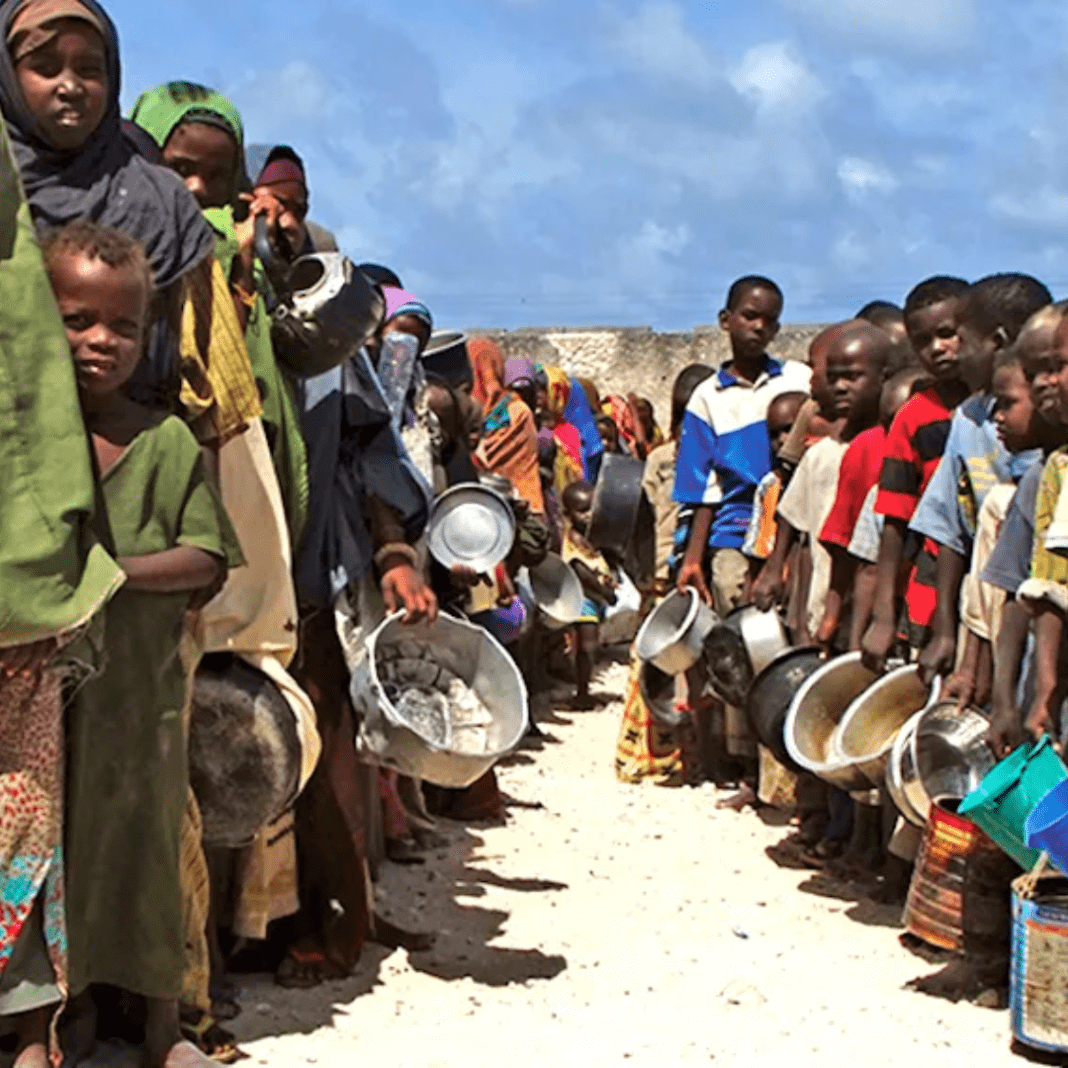A Nation Struggling to Feed Its People
Nigeria, the most populous country in Africa, is facing a serious problem: climate change is making it harder for people to grow food. This is happening at a time when more and more people need to be fed. The weather is becoming hotter, the rains are no longer coming when expected, and storms and floods are happening more often. These changes are not just uncomfortable—they are dangerous for farming and the food supply.
Most Nigerian farmers depend on rain to grow their crops. But now, rainfall is unpredictable. Sometimes it rains too much, and crops drown. Other times, it doesn’t rain enough, and the soil becomes too dry for anything to grow. This has led to smaller harvests, which means less food for everyone.
Farmers are also seeing their animals suffer. Hotter temperatures and less water are causing livestock to get sick or die. This is especially hard on families who raise animals for milk, meat, and income. When animals are lost, so are people’s livelihoods and meals.
Food Insecurity is Getting Worse
Because of these changes, food is becoming harder to find and more expensive. In 2018, around 25 million people in Nigeria did not have enough to eat. This number is shocking—it’s 180% higher than it was just ten years before. And with the climate continuing to shift in dangerous ways, more families are at risk of going hungry.
Vietnam Embraces Technology to Fight Climate Change
Children are especially affected. When they don’t get the right kind of food, they can become weak, sick, and unable to learn properly in school. Hunger is not just about empty stomachs—it’s about long-term damage to health and futures.
Farmers are doing their best, but many don’t have the tools or knowledge to deal with these big weather changes. They need help to adapt to the new challenges they face every day in their fields and on their farms.
Ways Nigeria is Fighting Back
Even though the situation is tough, steps are being taken to protect food and farming. One major solution is something called Climate-Smart Agriculture (CSA). This means using farming methods that can handle bad weather, use water better, and still produce food without harming the environment.
Some examples of CSA include:
- Agroforestry is where farmers plant trees alongside crops to protect the soil and provide shade.
- Conservation farming, where land is not overplowed, and the ground is kept covered with plants to stop soil from washing away.
- Better irrigation systems that use just the right amount of water instead of wasting it.
- Special crop and animal types that can survive even when the weather is very hot or dry.
- Soil carbon storage, where farmers use methods like cover cropping to keep soil healthy and full of nutrients.
These ideas help farms produce more food even when the climate is harsh. They also reduce harmful gases from farming, like methane from animals and nitrous oxide from fertilisers.
But using these new methods is not always easy. Many farmers don’t have the money to buy new tools or seeds. There are not enough support programs or farming advisors to guide them. Also, many farmers don’t get clear weather forecasts or tips to help them plan. Even the best farming techniques can fail if the soil is already poor or if there’s not enough clean water.
To make these farming methods work, Nigeria needs better storage for food so it doesn’t spoil after harvest. Trucks and roads that move food to cities must improve. And farmers need to work with scientists and leaders from around the world to get new ideas and support.
Nigeria is in a tough spot. Climate change is making it harder to grow enough food. Farmers are struggling. More people are going hungry. But by using smart, sustainable farming methods and helping farmers get the tools they need, there is a way to keep food on the table.
For now, the facts are clear: the climate is changing fast, and it is hitting Nigeria’s farms hard. The work to protect the food supply has begun, but the road ahead remains full of challenges.




